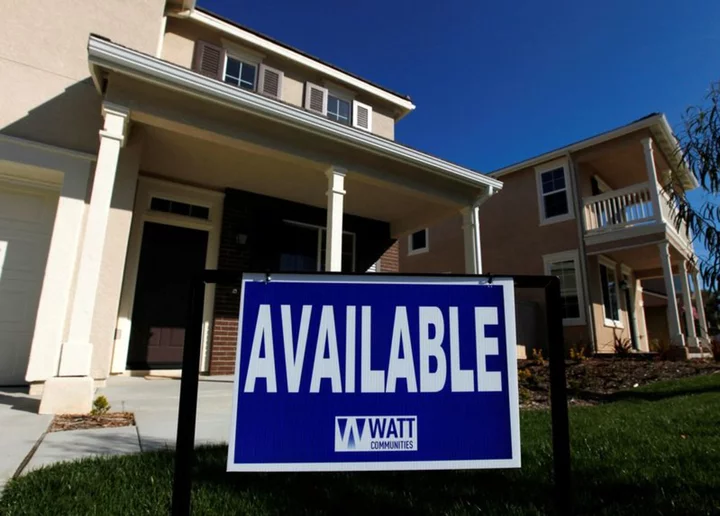By Safiyah Riddle
The share of U.S. consumers who believe it is a bad time to buy a home reached the highest level in at least 13 years in July, according to a survey released on Monday, as the supply of available properties remains scarce and home prices appear to have stopped cooling.
The portion of U.S. consumers saying now is a "bad time to buy" a new home increased by 4 percentage points in July to 82%, according to a report released Monday by Fannie Mae, the highest level since the mortgage finance giant began conducting the survey in 2010.
Consumers' outlook also appears to have taken a hit, with a net 17% of respondents expecting price increases in the next 12 months, the highest percentage in over a year.
The grim perception of the housing market comes as home costs appear to have hit a floor after downward price pressure from the Federal Reserve's 525 basis points worth of interest rate hikes since March 2022.
Persistently high home-buying costs are in large part due to limited housing stock, which has remained at historically low levels. Many homeowners are now unwilling to buy a new home that would require more expensive financing compared to mortgage costs locked in before the Fed started raising rates.
Willingness to sell was unchanged in July, according to the survey, with 64% of respondents indicating that now was a good time to sell - unchanged from the month prior.
Not all was pessimistic in the report, however, as confidence in the labor market and expected decreases in future mortgage rates pushed the overall Home Purchase Sentiment Index to 66.8, up 4 points year over year and 0.8 points from June.
"While consumers are reporting confidence in the components related to their personal financial situations, it’s unlikely we'll see housing sentiment catch up to other broader economic confidence measures until there is meaningful improvement to home purchase affordability," said Doug Duncan, Fannie Mae senior vice president and chief economist.
(Reporting by Safiyah Riddle; Editing by Conor Humphries)









